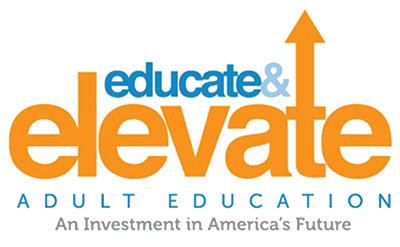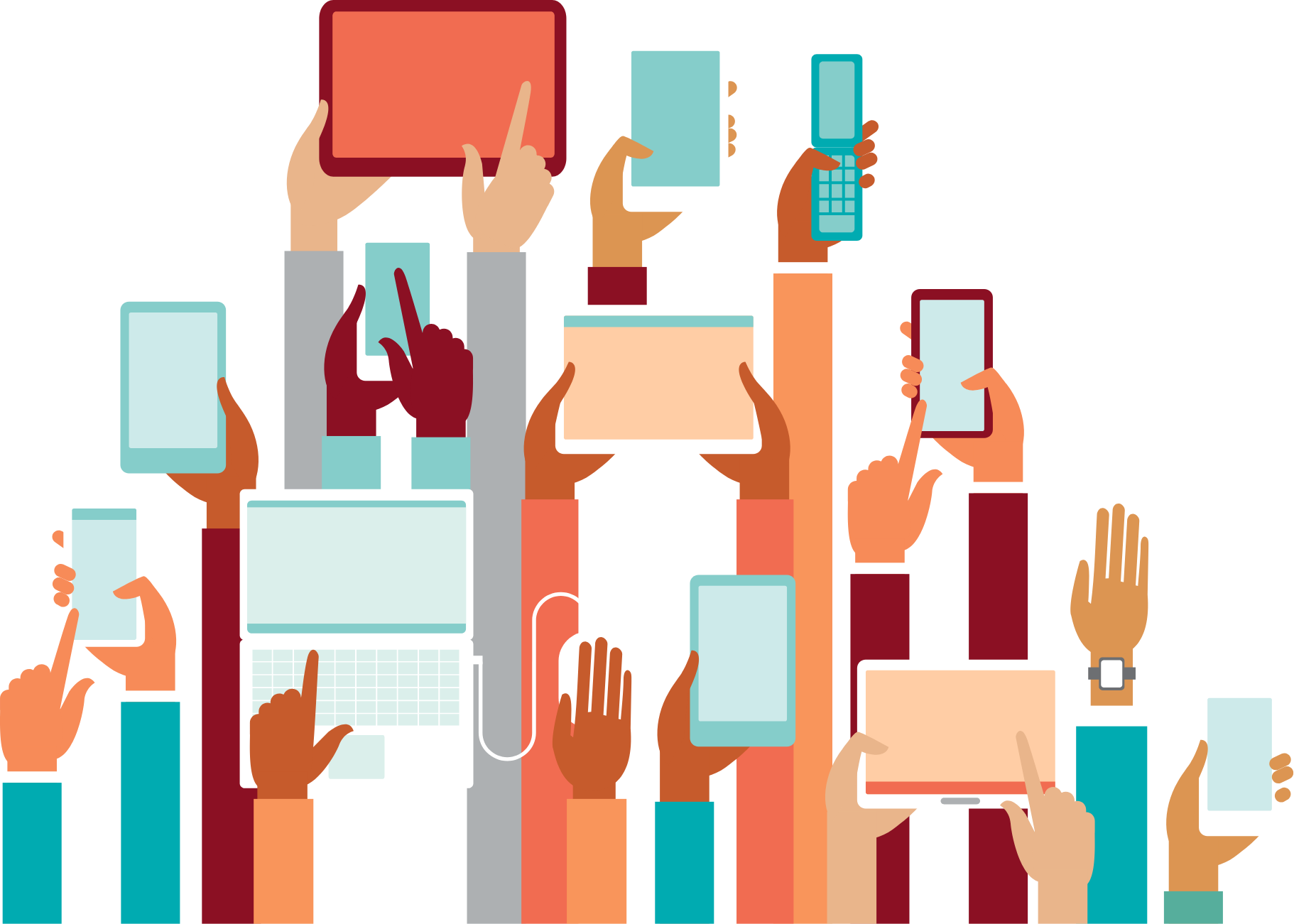

Why We Need to Invest
in Digital Equity Now
Digital equity is a necessity for adult learners to participate in modern life. As an organization that represents 79K+ adult education providers, COABE is committed to elevating digital equity for adult learners so they can succeed and thrive in our increasingly digital world.
Without reliable access to devices and the internet, learning the skills that can lead to sustainable wages is a non-starter. The digital divide limits opportunity and creates barriers for adult learners to achieve their personal and professional goals.
CHALLENGES
28.2 million
Households in the U.S. that do not have high-speed broadband
18.1 million
Households with available broadband infrastructure that cannot afford to connect
47 million
Population in the U.S. with available broadband infrastructure that cannot afford to connect
7.1 million
Households without access to any broadband network
Over 32 million
Adults lack basic digital
literacy skills
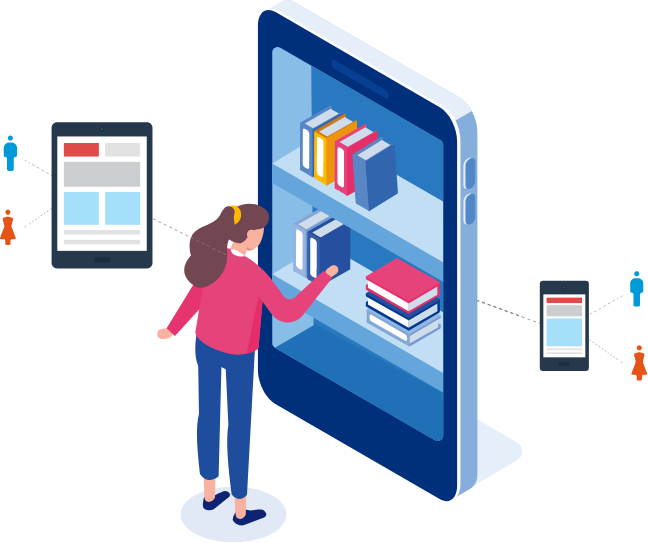
Digital Literacy is Essential to Closing the Digital Divide
It’s not just about digital access—adult learners need digital literacy too. If we are going to close the digital divide, digital literacy is essential because adult learners must be digitally proficient to participate in the digital economy.
Millions of adult learners want to be connected and have the digital skills they need to get an education, turn in homework, find jobs, earn credentials to start or advance their careers, access telehealth services, communicate with teachers, family, and friends, and participate in online banking and other financial tasks.
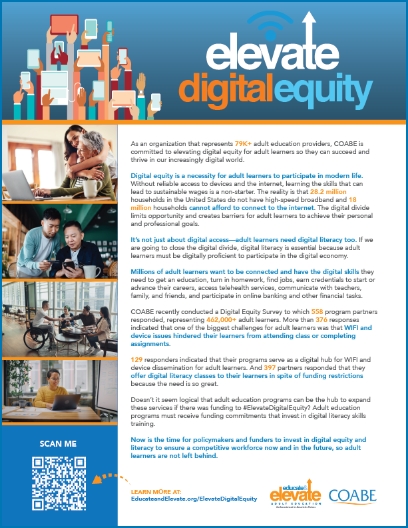
#ElevateDigitalEquity Fact Sheet
Download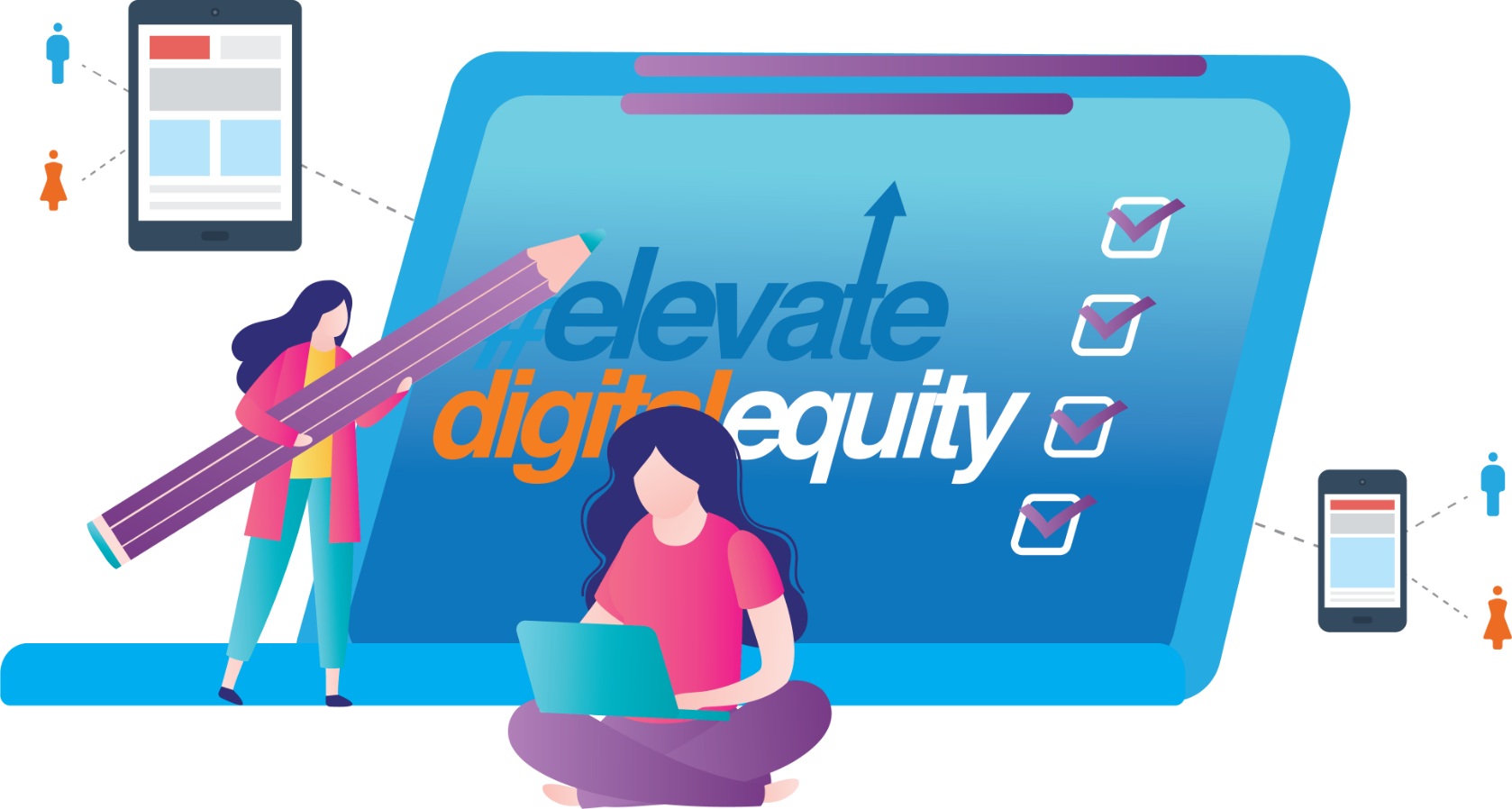
COABE 2023 Digital
Equity Challenges
Key Survey Findings
In January 2023, COABE conducted an online survey of its adult education members to understand their digital equity challenges in the classroom. Of the 558 program responses, representing minimally 462,000 adult learners annually, 61% were federally funded, while 23% received CARES Act Funding.
Respondents were comprised of school districts (38%), community colleges (27%), community-based organizations (21%), prisons (3%), and the remainder a mix of multi-service providers, libraries, workplaces, and others (11%). Of this mix, approximately 71% of all respondents offer digital literacy classes.
CHALLENGES
23%
Only 23% serve as a digital hub for WIFI and device dissemination due to a lack of resources and funding.
26%
About 26% do not have the WIFI and devices needed in the class; 58% reflected those organizations in rural/suburban areas.
39%
Only 39% of respondents indicated that their learners had devices and access to WIFI but had to share the device(s) at home.
67%
67% of respondents reported that the lack of WIFI and devices have negatively impacted adult learners’ completing assignments and/or attending class.
COABE continues to gather data from the field on this important topic. If your organization has not yet participated in the survey, go to https://www.tfaforms.com/5019713 and take it now!
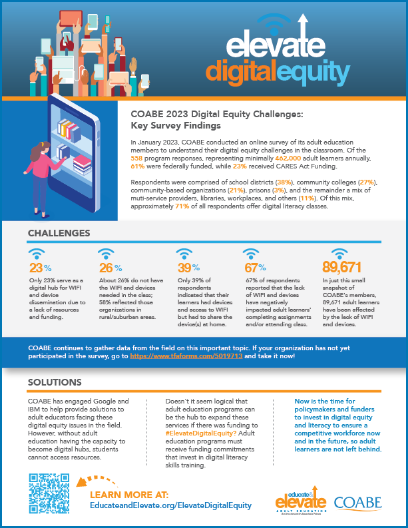
COABE 2023
Digital Equity Survey Fact Sheet
Download
SOLUTIONS

COABE has engaged Google and IBM to help provide solutions to adult educators facing these digital equity issues in the field. However, without adult education having the capacity to become digital hubs, students cannot access resources.

Doesn’t it seem logical that adult education programs can be the hub to expand these services if there was funding to #ElevateDigitalEquity? Adult education programs must receive funding commitments that invest in digital literacy skills training.
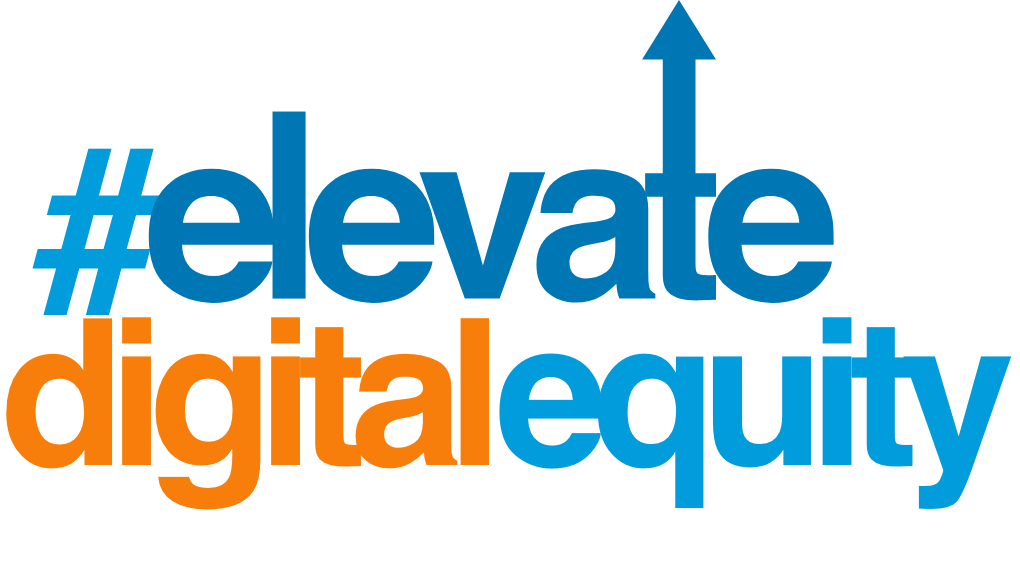
Now is the time for policymakers and funders to invest in digital equity and literacy to ensure a competitive workforce now and in the future, so adult learners are not left behind.
